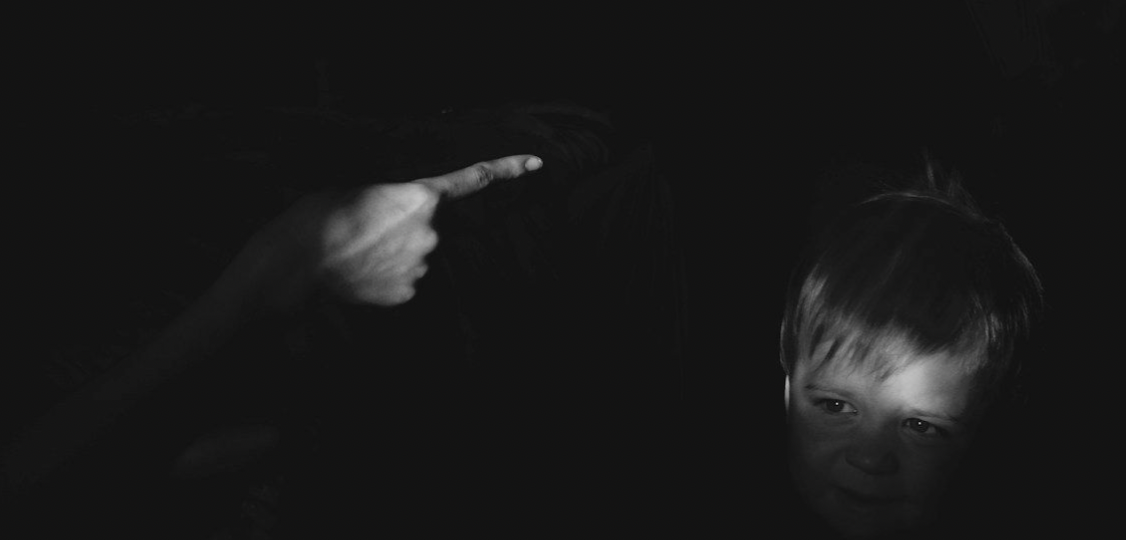
DR. MAHKADA TAYLOR
Relational trauma, often hidden beneath the surface, leaves lasting imprints on our emotional landscape. It’s that insidious factor that creeps into our lives in unexpected ways, and may account for many personal difficulties ranging from low mood to difficulties in your dating life. So what is relational trauma anyway?
Relational trauma refers to psychological wounds resulting from adverse experiences or problematic relationship dynamics. Since our parents or primary caregivers were our very first relationships, we receive early messages about who we are and our value, our sense of safety in the world, and what we can expect of others. Sometimes these experiences are positive, sometimes negative, and often a mixture of both. What’s more, these experiences may not have felt significant at the time, but the continued experience of a problematic interaction can have a similar effect as a major, one-time event. When these early relationship experiences are negative, they may cause harm to our sense of self and affect how we show up in relationships going forward…they may cause relational trauma. Here are some common examples of ways in which relational trauma can result in invisible scars.
- Emotional Neglect
Emotional neglect is not the stuff our parents did, it’s what they didn’t do. It occurs when caregivers fail to provide emotional support, validation, or responsiveness.
Impact: Children who experience emotional neglect may struggle with low self-worth, lack of attunement to their own emotions, feelings of emptiness, and difficulty getting their needs met.
- Narcissistic or Emotionally Immature Parenting
Narcissistic parents prioritize their own needs over their children’s. Emotionally immature parents struggle to empathize or provide consistent care.
Impact: Children raised by such parents may internalize feelings of inadequacy, leading to difficulties in trusting others and setting boundaries.
- Hypercritical Parenting
Hypercritical parents are never pleased with their children, always expecting more. They struggle to provide validation and have difficulty allowing their child to be human.
Impact: Children raised with critical parents grow up to struggle with perfectionism, feelings of inadequacy, and may be people-pleasers.
- Absence of a Parent or Caregiver
Several factors may lead to a parent’s absence – The death of a parent, parental divorce, or a parent with a demanding work schedule or one who is busy caring for another family member.
Impact: Parental absence disrupts attachment bonds, leads to feelings of instability, feeling overlooked and feeling unimportant. Grief and abandonment issues may persist into adulthood.
Exercise
In a quiet place, reflect on the messages you received from your early relationships by completing the following prompts. Repeat this exercise for each of your primary caregivers or anyone who had a significant impact on your life.
-
-
- My (primary caregiver) made me feel like I was ……
(e.g. beautiful, unworthy, forgettable). - My (primary caregiver) taught me that I can expect others to be……
(inconsistent, kind, untrustworthy). - My (primary caregiver) sent me the message that the world was……
(unsafe, full of possibilities).
- My (primary caregiver) made me feel like I was ……
-
Reflect on how these messages may impact your feelings about yourself and the ways in which you show up in your relationships and in your life.
Conclusion
Relational trauma often originates from disruptions in secure attachments during childhood. Recognizing these causes empowers us to heal, break destructive patterns, and create healthier relationships. Remember, unseen wounds can transform into sources of strength when we seek understanding and support.
“Remember, unseen wounds can transform into sources of strength when we seek understanding and support.”
DR. MAHKADA TAYLOR
Our therapists are here to help you overcome relationship challenges of all kinds.
Book your complimentary consultation today.

